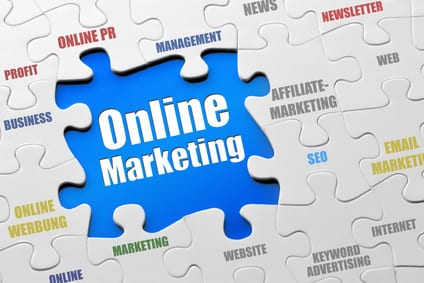At this point you should realize how content marketing is changing the way businesses (both big and small) build and implement their marketing strategies and how it can transform an online business to a true success story. After reading previous blogs, you should now know some of the basics of content marketing and realize it is one of the best ways to engage with your target audience and potential customers online. Content marketing is useful in so many ways:
- Improving search rankings
- Increasing brand engagement and loyalty
- Increasing brand visibility
- Encouraging social sharing and interaction
- And much more…
Budgets Increase for Content Marketers
Did you know that B2B small business marketers allocate 31 percent of their budgets to content marketing and 57 percent say they are planning to increase that amount this year? It is true. On the other hand, enterprise marketers are only allocating 24 percent, with 46 percent of them saying they plan to increase their budgets.
When I saw these statistics, I was a little shocked. I personally would have thought the enterprise level companies would be putting more into content marketing, but the reverse is actually true.
Small Business Marketers Use Less to Do More
You don’t have to be one of the big dogs to outsource your content marketing. There are many affordable ways, including freelancers and writing services, to get quality content without having an in-house marketing team. Before you jump on the outsourcing bandwagon, however, we urge you to check out our tips for outsourcing your marketing.
Small businesses tend to focus more on blogs (86 percent), articles on their website (82 percent), and eNewsletters (81 percent).
In this same study, small businesses were found to use video content marketing much less than enterprise (73 percent vs. 87 percent). I feel the reason for this is because they do not have the resources or the budget to do so. Because small business content marketers do more in house, they specialize and do more eBooks and blogs than enterprise businesses.
Social Media Platforms
We all know that social media is on the rise and all the rage for content marketing right now. On average B2B small businesses use five social media platforms to distribute content, whereas their enterprise peers use only 3-4. The two categories also different in the platforms that they use to engage with their audiences. See the top three for each below:
Small Business Social Media Platforms
- LinkedIn (83 percent)
- Twitter (81 percent)
- Facebook (80 percent)
Enterprise Business Social Media Platforms
- Facebook (80 percent)
- Twitter (76 percent)
- YouTube (74 percent)
Big or Small: Two Things That Don’t Matter
Always try to be unique. No matter the size of your business, you need to make yourself stand out from your competitors.You need to find that one thing and do it better or don’t do it at all. Otherwise, you will need to find something that your competitor doesn’t do and incorporate it into your content marketing strategy.For example, not all businesses create infographics or eBooks. Take advantage of that fact and create the best infographic or eBook you can and promote the heck out of it.
Final Thoughts
As you can see by some of these recent statistics, small business content marketers are really pushing the envelope and looking to increase their efforts over the next 12 months. Enterprise businesses are still holding strong, but their efforts aren’t increasing the way small businesses are.
If I were a small business, I would take advantage of this trend and push ahead of my competitors. Utilize the resources you do have and increase your content marketing budgets and efforts. A strong focus on content marketing in the end (may take some time to see results) will almost always improve upon your brand visibility, search rankings, social sharing, brand engagement and loyalty.
“If you think you are too small to be effective, then you have never been in bed with a mosquito.” – Author Unknown
